2018 is a year to remember, not to forget.
It brought with it a new government, and new expectations. #Metoo finally picked up steam in Pakistan. While, at last, arch rivals, Pakistan and India saw eye-to-eye on a matter of regional importance.
Before the news cycle resets in 2019, let’s pause and revisit the biggest, most important and most impactful stories in politics, arts and sports that shaped the year:
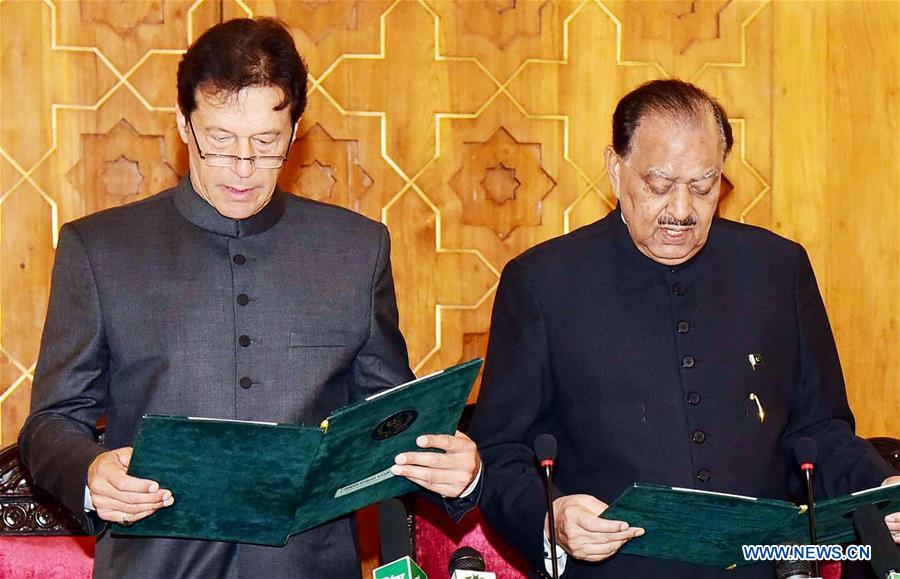
Yes, Prime Minister
On August 18, Imran Khan was sworn in as the 22nd prime minister of Pakistan. It took Khan and his political party, the Pakistan Tehreek-e-Insaf (PTI) over two decades to reach the top. The cricket hero-turned-statesman arrived in an old sherwani, to take his oath in a simple ceremony that signaled the arrival of a new Pakistan – one that Khan promised would eschew excesses. Those in attendance included foreign dignitaries, business leaders and the newly-minted prime minister’s childhood friends. The 66-year-old’s party not only formed government in the center, but also snatched a majority in the Punjab and Khyber Pakhtunkhwa province.

#Metoo
It took its time. But when #Metoo finally arrived in Pakistan, it sent the entertainment industry into a tizzy, and rightly so. The number of sexual assault and harassment accusations against actor-singer Ali Zafar grew after singer Meesha Shafi went public with her story in April. Scores of accounts by sexual abuse survivors also surfaced against the CEO of Patari, a music streaming platform, and comedian Junaid Akram. Separately, models, actors and TV hosts came under fire for their controversial and ignorant remarks on the movement.
In the 2018 Pakistan, there was no room for sexism or silence anymore.
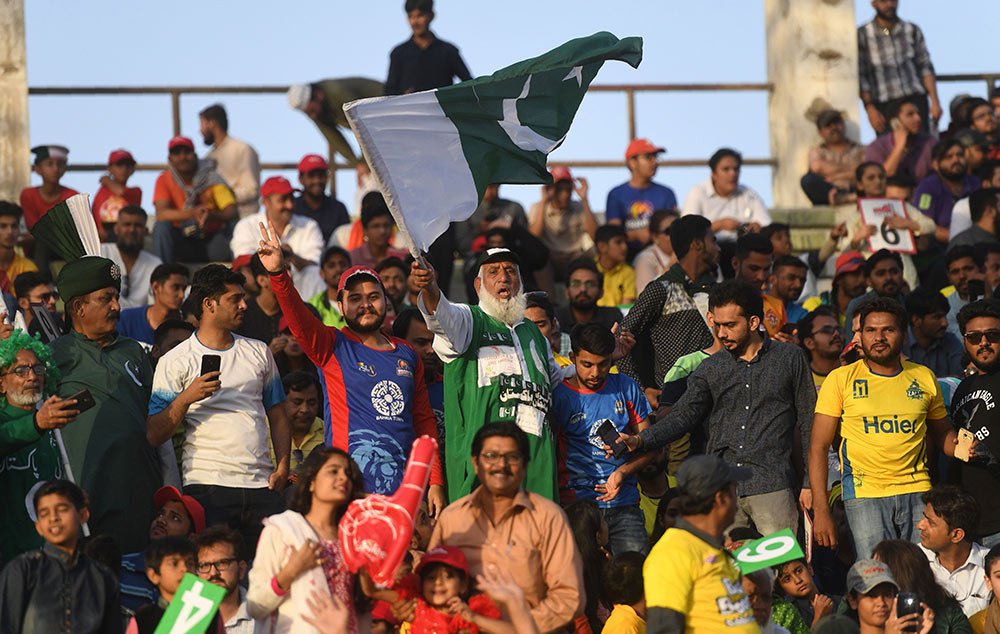
Cricket comes home
After the successful hosting of Pakistan Super League 2017 final in Lahore and the visit of ICC World XI, this year continued to see the slow but steady return of international cricket to the country. Lahore and Karachi hosted the last three fixtures of the PSL earlier this year, followed by the tour of West Indies to Pakistan for a three-match T20 series in April.
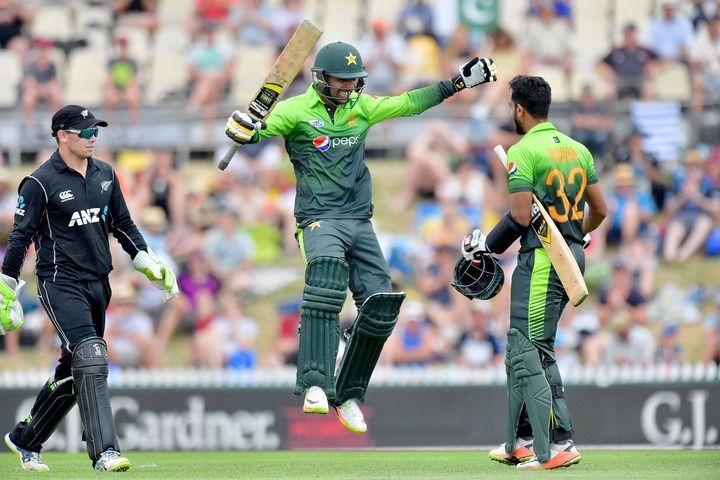
T20 kings
Pakistan cricket team continued to dominate the shortest format of the game. Aside from being the number one ranked T20I team in the world, Pakistan under the leadership of Sarfraz Ahmed also registered a world-record 11 consecutive T20 series victories after completing a 3-0 whitewash over New Zealand in November.
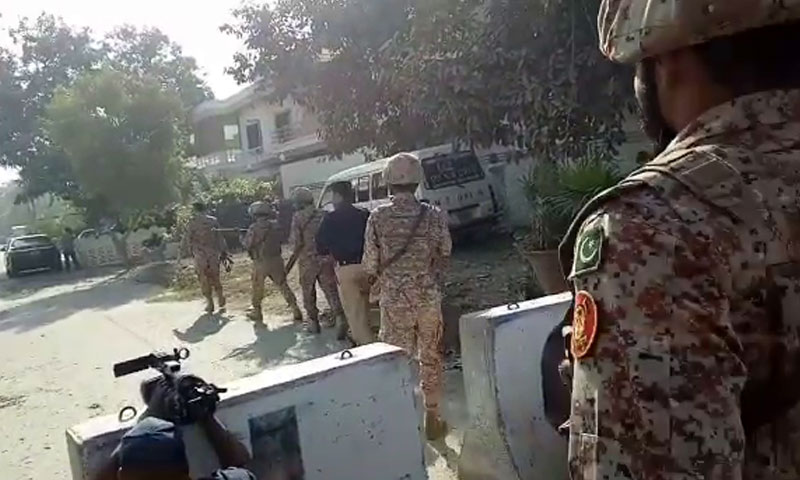
Moments of terror
Pakistan witnessed its deadliest terror attack since 2014. A suicide bomber targeted an election campaign in Mastung, Balochistan, killing 149 people and injuring 180. The attack came a few days before the country headed for its general election. In November, armed men walked right up to the Chinese consulate in Karachi, which had a staff of over 21 diplomats inside. While, security agencies were successful in foiling the attack, seven people were killed, included two police officers.
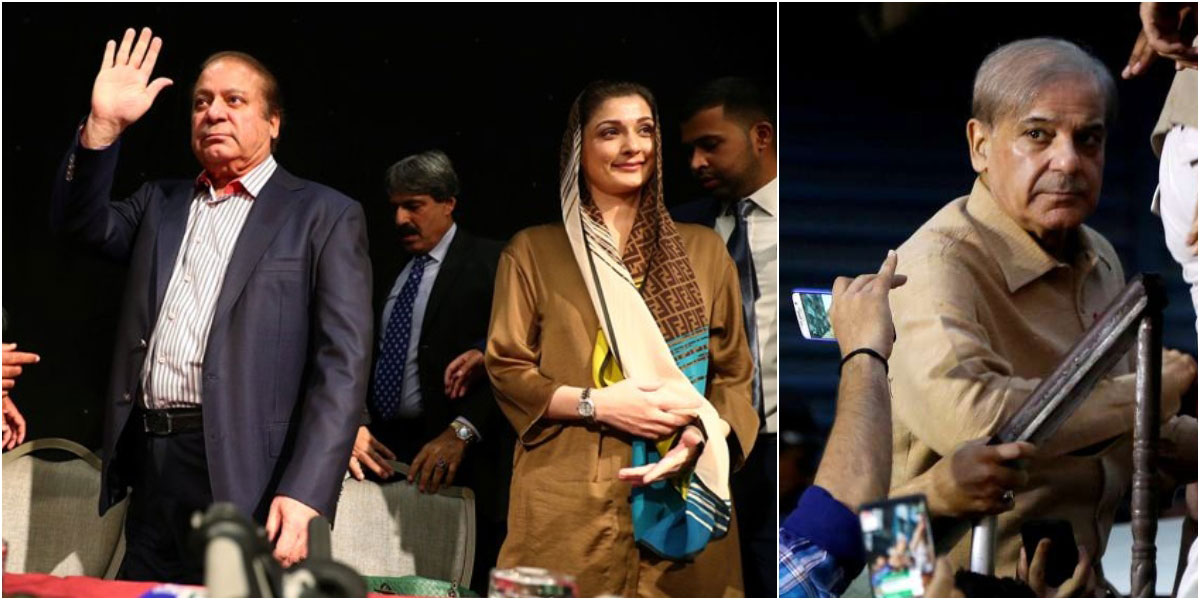
Sharifs behind bars
Not only was Nawaz Sharif’s party trounced in the national election, he was sentenced to 10 years in prison for corruption by the anti-graft court. Sharif’s daughter and son-in-law were also fined and handed down jail terms. Later in July, Sharif and his daughter were taken into custody on their return from London and lodged into the central jail in Rawalpindi, where they remained till September.
Shehbaz, Sharif’s younger brother, and now the president of his political party, was also detained by the National Accountability Bureau (NAB) in October, for dishonesty when awarding the contracts of a housing scheme. He remains in custody to date.
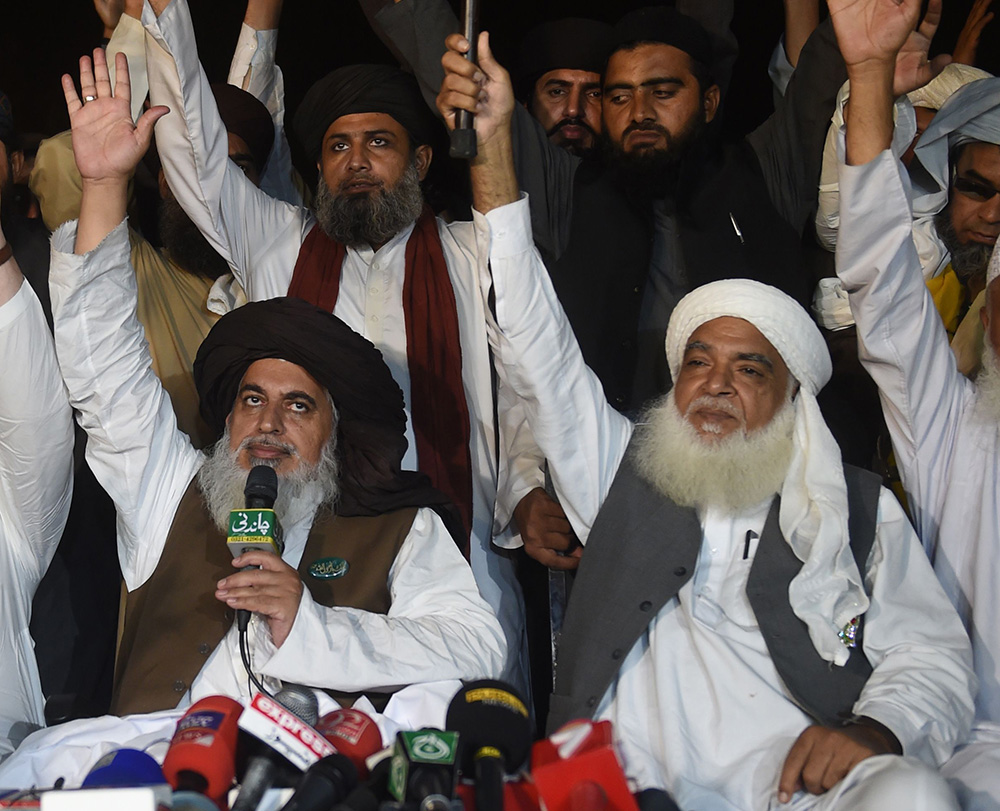
Finally, she walks free
It was a landmark and brave judgment. Three judges of the Supreme Court cleared Asia Bibi, a poor Christian woman, of the false blasphemy charges and ordered her release after nine years on death row.
“Blasphemy is a serious offence…but mixing truth with falsehood was also not short of being blasphemous,” wrote Justice Khosa in a strongly-worded judgment. Protests soon broke out across the country. Far-right groups who had been demanding her execution for years, blocked the streets and shut down cities for three days. Prime Minister Imran Khan warned the protesting men not to challenge the writ of the state.
Finally, this month, leaders of the group were arrested and booked under treason and terrorism charges.
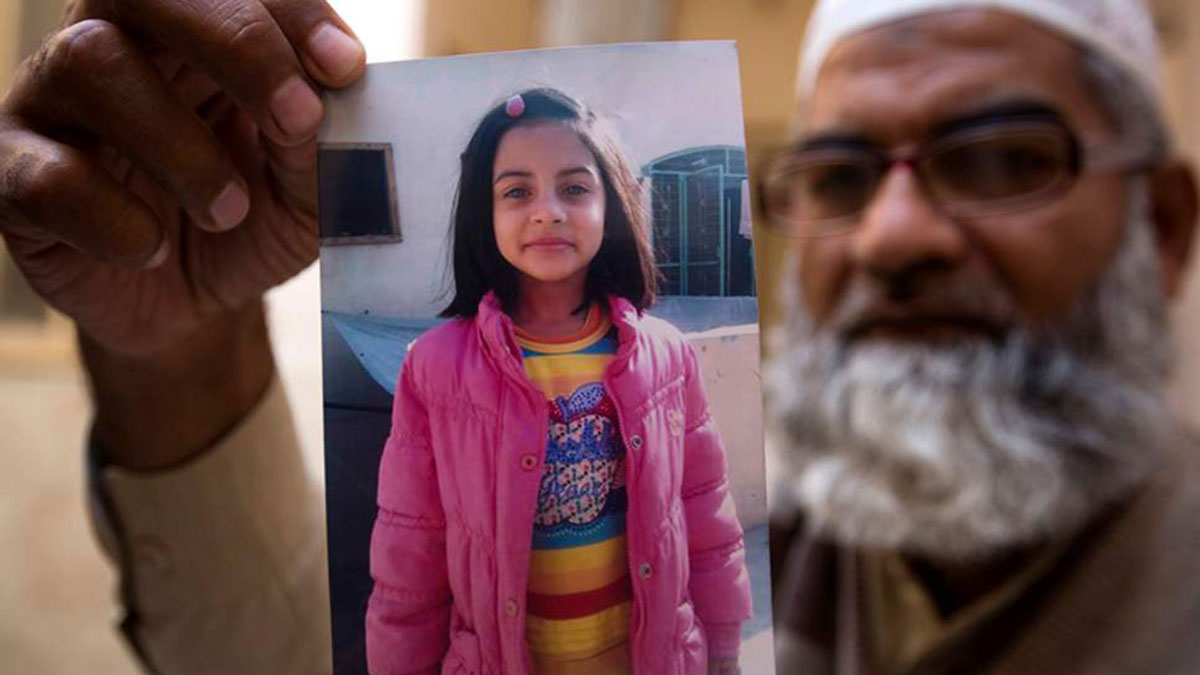
Justice for Zainab Ansari
When seven-year-old Zainab’s lifeless body was found in a rubbish heap in January, Pakistan was outraged. Riots broke out in her city. Everyone, from the common citizen to the parliamentarians, wanted the rapist and murderer immediately caught and justice delivered. For the first time, an awareness campaign on child abuse and molestation was launched across the country. Two weeks later, Imran Ali, 24, was arrested by the police. Ali had abused and killed seven other children from the area, over a span of eight months. A court later convicted Ali. He was executed in October.
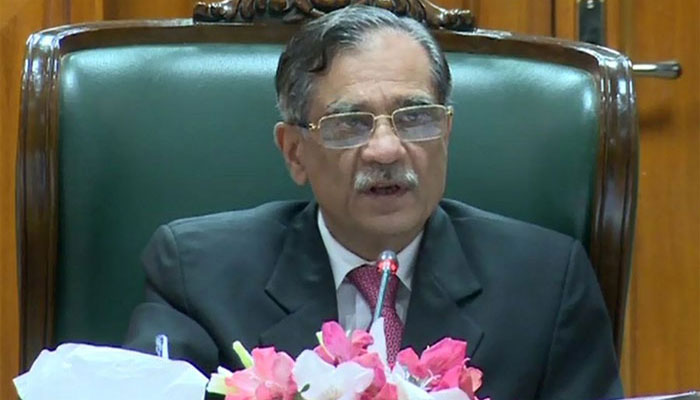
Building a dam
The water stress levels of Pakistan have been in the news for quite some time now. Which is why this year, Pakistan’s top judge, Chief Justice Saqib Nisar, set up a fund to raise $17 billion to build two large water dams. Donors included, state institutions, celebrities, sports stars and overseas Pakistanis. Telethons and advertisements were rolled out daily, as the Prime Minister appealed to the public to contribute to a national cause. As of December 10, The Supreme Court of Pakistan and the Prime Minister of Pakistan Diamer-Bhasha and Mohmand Dams Fund has collected Rs 8.46 billion in five months.
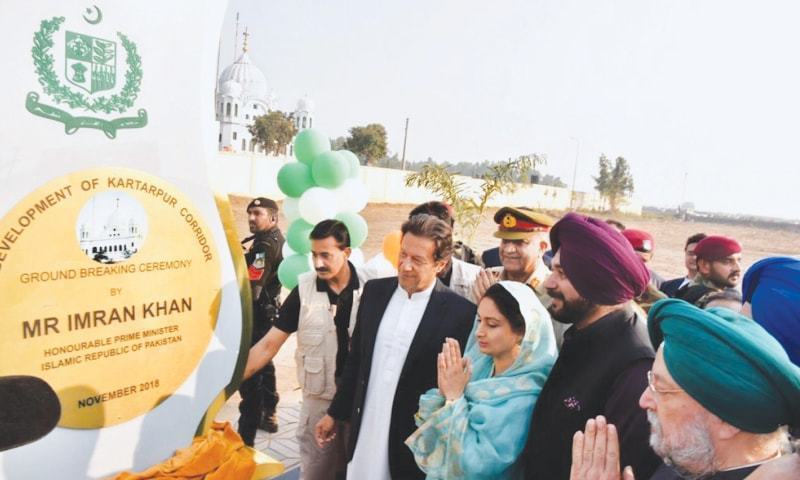
The corridor of peace
Pakistan made a promise, and it kept it. In August, Pakistani state officials vowed to open the Kartarpur corridor to facilitate Sikh pilgrims from India. In November, Indian and Pakistani officials sat together for the ground-breaking of a corridor that will connect both countries.
Despite opposition from the Indian minister and its media, the ceremony went ahead. At the conclusion of which Prime Minister Imran Khan asked: "If France and Germany can move forward, why can’t we [India and Pakistan]?"
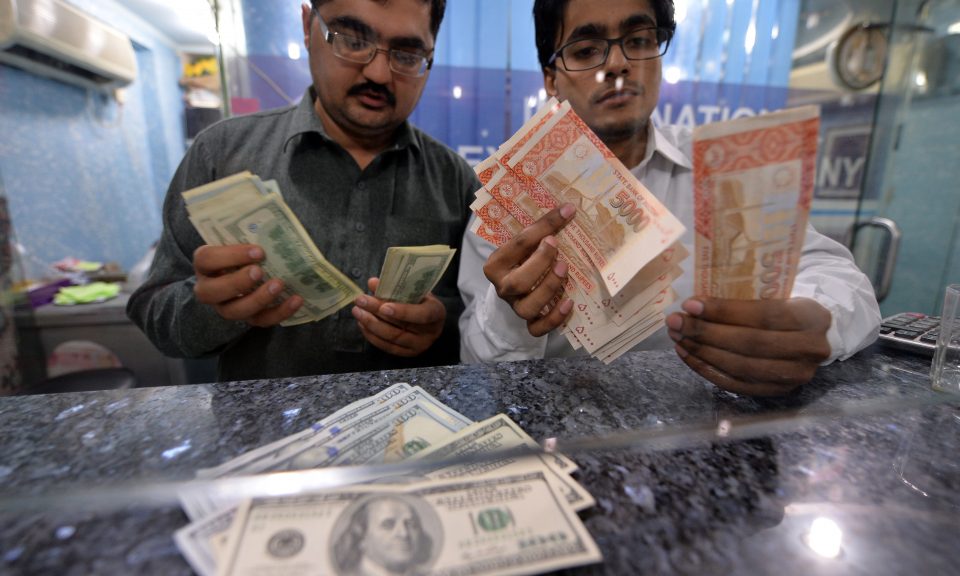
The rupee plunge
Since December 2017, the rupees went through five depreciations, falling to a historic low of Rs. 144 to the US dollars in the inter-bank market, before climbing back to Rs.139 to a dollar. This came just days after Pakistan began talks to seek a bailout package from the International Monetary Fund.
The plunge in the rupee’s value, high inflation and an economic crisis, triggered speculations that the minister for finance could be sent packing. But the Prime Minister and senior state officials denied that any such change was under consideration.
Experts forecast another significant depreciation when Pakistan finally secures the IMF monetary package.
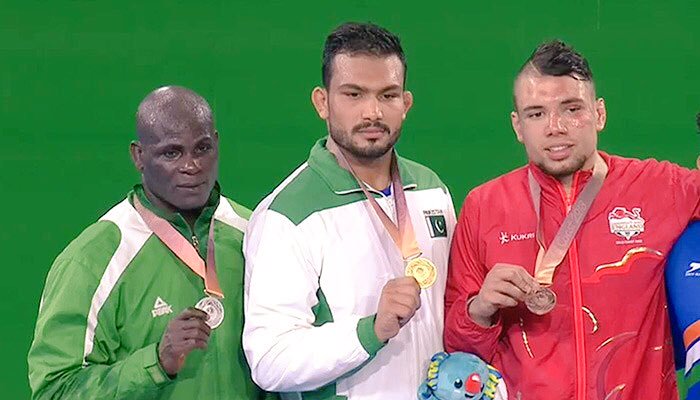
Wrestling gold
Wrestler Inam Butt gave Pakistan its lone Gold medal at the 2018 Commonwealth Games in Australia by outclassing his opponent Melvin Bibo of Nigeria in the final of the 86kg weight category.


